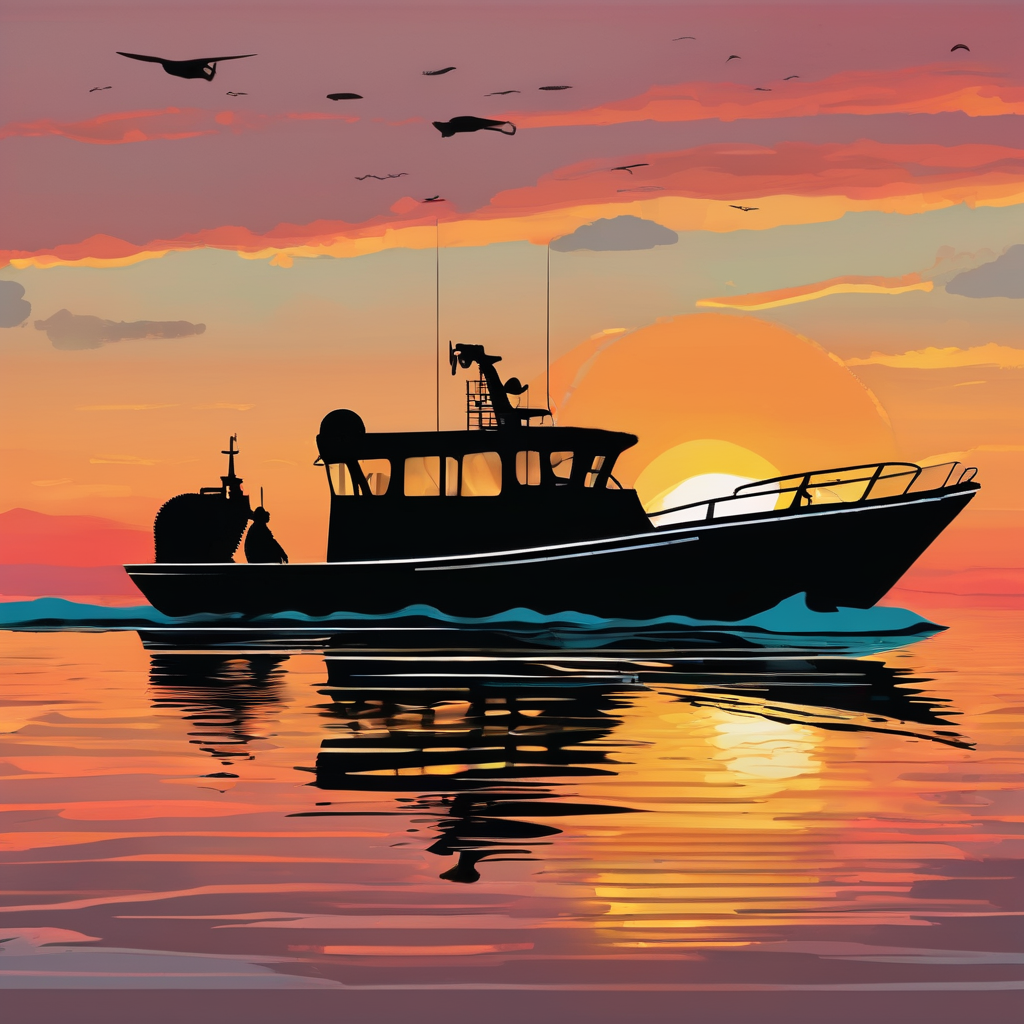Pacific nations have made significant strides in protecting their marine resources through a regional initiative aimed at combating illegal, unreported, and unregulated (IUU) fishing. Over a period from October 13 to October 31, 2024, Operation Kurukuru facilitated the inspection of 126 vessels across more than 30 million square kilometers of ocean, apprehending one vessel on suspicion of violations while identifying 11 high-risk ships.
This operation involved collaboration from 17 member nations of the Forum Fisheries Agency (FFA), resulting in outcomes consistent with earlier operations conducted within the year. FFA Director-General Noan David Pakop described the operation as an important milestone in the implementation of the Regional Monitoring, Control and Surveillance (MCS) Strategy for 2025-2029. He emphasized that Operation Kurukuru represents more than an annual surveillance exercise; it embodies the systematic application of coordinated patrols, intelligence sharing, and targeted enforcement to safeguard the region’s tuna resources.
The initiative’s key objectives were to enhance compliance and strengthen fisheries enforcement throughout the Pacific. Nations utilized sophisticated surveillance techniques, including satellite integration and advanced maritime technology, to improve detection capabilities for untracked vessels. Pakop noted that the operation’s sustained detection rates demonstrate the merit of regional cooperation, stating, “We are identifying high-risk vessels earlier and directing assets more efficiently, even across vast ocean areas.”
Notably, this operation saw a record number of women participating in the coordination team, with 11 female secondees contributing at the FFA Regional Fisheries Surveillance Centre in Honiara. The operational efforts were significantly bolstered by surface and aerial assets from the Cook Islands, Fiji, Papua New Guinea, and other nations, with additional support provided by aircraft from Australia, New Zealand, France, and the United States.
The operation’s ability to produce 13 daily intelligence briefs showcased the collaborative strength and data-sharing capabilities among member nations. These efforts were crucial for adapting patrol strategies despite weather challenges and varying national commitments. Pakop affirmed that effective monitoring, control, and surveillance will remain essential components of sustainable fisheries management.
Overall, Operation Kurukuru stands as a testament to the collective commitment of Pacific nations to protect their marine ecosystems and ensure that their tuna resources remain sustainable and beneficial for future generations. This proactive approach embodies hope for achieving long-term food security and economic resilience in the region.
